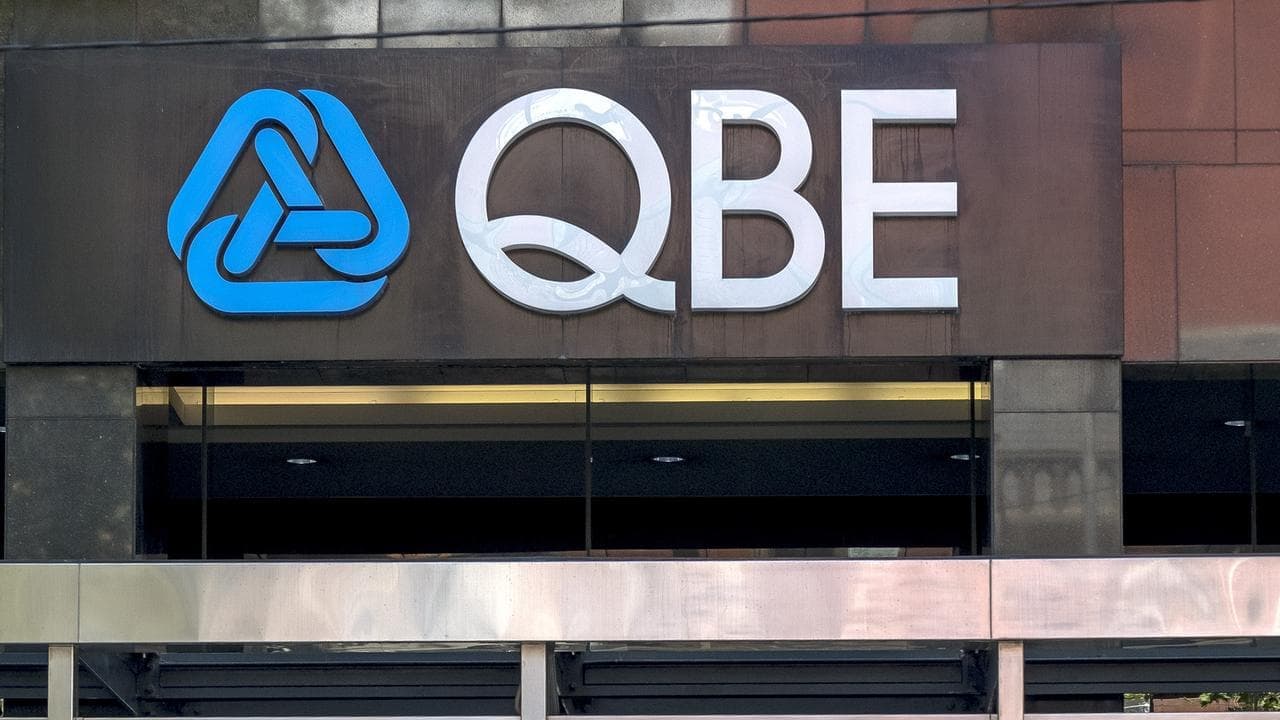WHAT WAS CLAIMED
Eating the placenta after giving birth provides multiple health benefits.
OUR VERDICT
False. Eating human placenta provides no health benefits and may be harmful to both mother and child.
A viral Facebook reel claims eating your own placenta after giving birth provides a range of health benefits including higher iron levels, increased milk supply and faster postnatal recovery.
But the claim is a myth and has no basis in science. There is no good evidence the placenta provides any significant health benefits to humans when ingested. On the contrary, medical authorities warn it has the potential to spread harmful bacteria to parents and babies.
The claim was made in a Facebook reel (archived) published on April 4, 2023, which appeared to show a human placenta being chopped up before being placed in a saucepan.
Text overlaying the video reads: "How does consuming my placenta benefit me? Increased milk supply / Help prevent baby blues / Replenish iron levels / Reduce postpartum bleeding / Reduced stress / Faster healing and recovery".

AAP FactCheck approached the author of the reel for evidence to support the claim. However, they had not responded at the time of publication.
The placenta is a disc of tissue that connects a pregnant person's uterus to their baby via the umbilical cord, providing nutrients and oxygen to the fetus. In most cases, the placenta is delivered within about five minutes after having a baby.
The practice of consuming the placenta after birth, formally known as 'placentophagy', is common among some mammal species. Animals with a placenta are thought to consume their 'afterbirth' to eradicate birthing scents that could be followed by predators or as a way of regaining nutrients lost during delivery.
Advocates for the practice among humans claim placenta consumption provides multiple health benefits such as those listed in the Facebook post in question. Noted methods of consumption include eating it raw, cooked, dehydrated, ground into capsules or even as an addition to smoothies and tacos.
Placentophagy has been promoted by numerous celebrities including Kim Kardashian and Alicia Silverstone.
But regardless of how it is prepared, consumption has no proven benefits for humans.
This 2018 review study, for example, found human placentophagy was "potentially harmful with no documented benefit" and should therefore be discouraged by medical professionals. Evidence of health benefits were "either anecdotal or limited to self-reported surveys", the study authors said.
This 2015 study reviewed 10 academic papers about placentophagy in humans and other mammals. It found evidence of human health benefits was "inconclusive" and reports of such benefits "may, at least partially, be a result of placebo effects".

The study said research into placentophagy across species does not support claims it enhances milk production, reduces pain or replenishes hormones in humans, and "statistically significant findings in animal data do not translate into meaningful benefits for humans".
This 2016 study tested the specific claim that ingesting placenta after birth could increase maternal iron levels. Researchers randomly assigned 23 new mothers with either placenta capsules or placebo capsules. The researchers found no significant difference in blood iron between the two sets of mothers, leading them to conclude the consumption of placenta capsules "neither significantly improves nor impairs postpartum maternal iron status".
A 2017 study led by researchers at the University of Nevada similarly found consuming placenta capsules "has little to no effect on postpartum mood, maternal bonding, or fatigue, when compared to a placebo".
Caroline de Costa, an adjunct professor at James Cook University who worked as a specialist obstetrician and gynaecologist for 35 years, dedicated a chapter of her 2021 book, The Women's Doc, to the topic of placentophagy.
Prof de Costa told AAP FactCheck the placenta is no longer a functioning organ once it leaves the body "and so it really is not much use, which is why it is usually disposed of within a hospital".
"If a woman says she feels better eating the placenta and it's not doing any harm, that's fine, provided she doesn't try and persuade other people to do it as well.
"But there is no scientific basis it provides any benefits."
Some medical authorities and practitioners warn eating human placenta may even do more harm than good.

According to The Mayo Clinic, a leading medical education and research organisation in the US, cooking or dehydrating placenta won't completely destroy infectious bacteria and viruses the organ might contain. It warns eating your placenta after giving birth "can pose harm to both you and your baby".
Australia's health products regulator, the Therapeutic Goods Administration (TGA), says there is no evidence to support claims of health benefits associated with consuming human placenta. It advises people considering the practice to be aware of potential infection risks, and warns the risk of bacterial infection may be even greater for those who consume another person's placenta.
In 2017, the US Centers for Disease Control and Prevention (CDC) warned parents about the risks of the practice after a newborn became infected with group B streptococcus. The infection was thought to have been passed to the child through its mother's breast milk after the mother consumed contaminated placenta pills.
However, a 2018 analysis of data related to 23,000 US births found newborn babies of mothers who consumed their placenta faced no increase of harm when compared to infants of mothers who did not consume their placenta.
The Verdict
The claim new parents gain health benefits from eating placenta after giving birth is false.
Although the practice is common among some mammal species, there is no good evidence to suggest ingesting human placenta increases milk production, iron levels or mood.
Some medical authorities have warned it may instead spread bacterial infections among parents and babies.
False — The claim is inaccurate.
AAP FactCheck is an accredited member of the International Fact-Checking Network. To keep up with our latest fact checks, follow us on Facebook, Twitter and Instagram.












